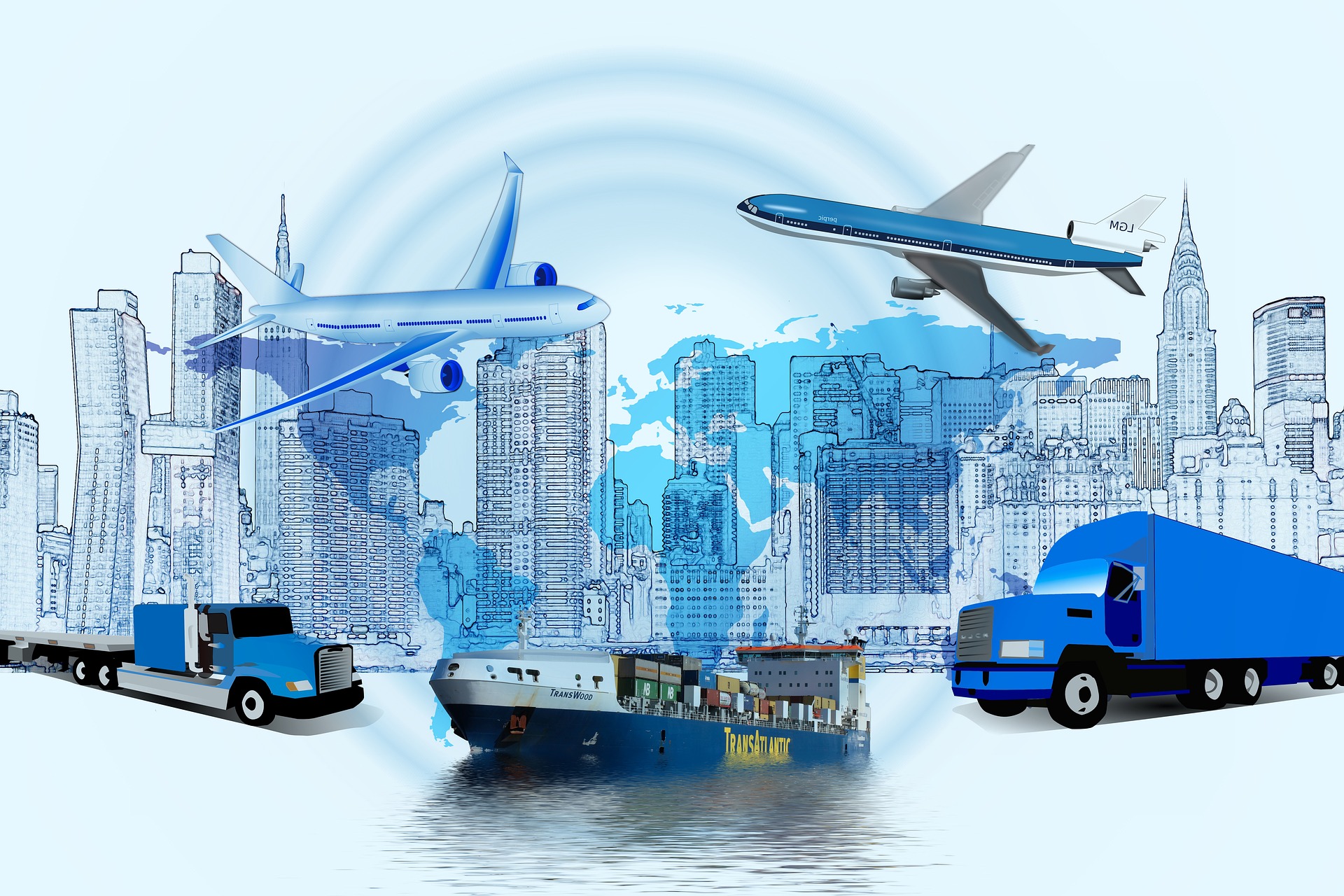Unlocking the Power of Freight Services: A Comprehensive Guide
Freight services form the backbone of global commerce, enabling the seamless movement of goods across vast distances. From raw materials to finished products, these services play a crucial role in connecting businesses with their suppliers and customers. As the world becomes increasingly interconnected, understanding the intricacies of freight services has become essential for companies looking to optimize their supply chains and stay competitive in the global marketplace.

One of the key elements of freight services is the coordination between different parties involved in the shipping process. This includes freight forwarders, who act as intermediaries between shippers and carriers, arranging for the most efficient and cost-effective transportation routes. Customs brokers also play a vital role, ensuring that shipments comply with international trade regulations and facilitating smooth border crossings.
How do freight services impact the global supply chain?
Freight services are the lifeblood of the global supply chain, enabling businesses to source materials and deliver products across international borders. By providing reliable and efficient transportation solutions, these services help companies reduce inventory costs, improve product availability, and respond quickly to changes in market demand.
The impact of freight services on the supply chain extends beyond mere transportation. Advanced tracking systems and real-time visibility tools allow businesses to monitor their shipments throughout the journey, enabling better planning and decision-making. This level of transparency has become increasingly important in today’s fast-paced business environment, where delays or disruptions can have significant financial implications.
What are the different types of freight services available?
Freight services come in various forms, each tailored to meet specific transportation needs. Some of the most common types include:
-
Less-than-truckload (LTL) shipping: Ideal for smaller shipments that don’t require a full truck, LTL allows multiple shippers to share space in a single vehicle, reducing costs.
-
Full truckload (FTL) shipping: For larger shipments that can fill an entire truck, FTL offers faster transit times and reduced handling.
-
Intermodal transportation: This involves using multiple modes of transport, such as combining truck and rail services, to optimize efficiency and cost-effectiveness.
-
Air freight: For time-sensitive or high-value shipments, air freight provides rapid transportation across long distances.
-
Ocean freight: Ideal for large, international shipments, ocean freight offers cost-effective transportation for goods that aren’t time-sensitive.
-
Expedited shipping: When speed is of the essence, expedited services prioritize shipments for faster delivery, often at a premium cost.
How can businesses choose the right freight service provider?
Selecting the appropriate freight service provider is crucial for ensuring efficient and cost-effective transportation. Businesses should consider several factors when making this decision:
-
Service coverage: Ensure the provider offers services in the regions where you need to ship.
-
Reliability and track record: Look for providers with a history of on-time deliveries and good customer service.
-
Technology integration: Advanced tracking and visibility tools can greatly enhance supply chain management.
-
Pricing structure: Compare rates and understand any additional fees or surcharges.
-
Specialization: Some providers may have expertise in handling specific types of cargo or serving particular industries.
-
Capacity and scalability: Consider whether the provider can accommodate your current and future shipping needs.
What are the latest trends in freight and logistics technology?
The freight industry is undergoing a technological revolution, with new innovations continually reshaping the landscape. Some of the most significant trends include:
-
Artificial Intelligence (AI) and Machine Learning: These technologies are being used to optimize routing, predict transit times, and improve overall operational efficiency.
-
Internet of Things (IoT): Sensors and connected devices provide real-time data on shipment conditions, location, and potential issues.
-
Blockchain: This technology is being explored to enhance transparency, traceability, and security in supply chain transactions.
-
Autonomous vehicles: Self-driving trucks and drones are being developed to address driver shortages and improve delivery efficiency.
-
Digital freight marketplaces: Online platforms are connecting shippers with carriers, streamlining the booking process and potentially reducing costs.
How are freight services adapting to environmental concerns?
As environmental awareness grows, the freight industry is taking steps to reduce its carbon footprint and promote sustainability. Some key initiatives include:
-
Alternative fuels: Many carriers are exploring the use of electric, hydrogen, and biofuel-powered vehicles to reduce emissions.
-
Improved route optimization: Advanced algorithms help minimize empty miles and maximize load efficiency, reducing overall fuel consumption.
-
Eco-friendly packaging: The adoption of recyclable and biodegradable packaging materials is helping to reduce waste in the supply chain.
-
Modal shift: Encouraging the use of more environmentally friendly transportation modes, such as rail or sea, for long-distance shipments.
-
Carbon offset programs: Some providers offer options for shippers to offset the carbon emissions associated with their freight transportation.
In conclusion, freight services play a vital role in connecting businesses and consumers across the globe. As technology continues to advance and environmental concerns take center stage, the industry is evolving to meet new challenges and opportunities. By understanding the various aspects of freight services, businesses can make informed decisions to optimize their supply chains and stay competitive in the global marketplace.






